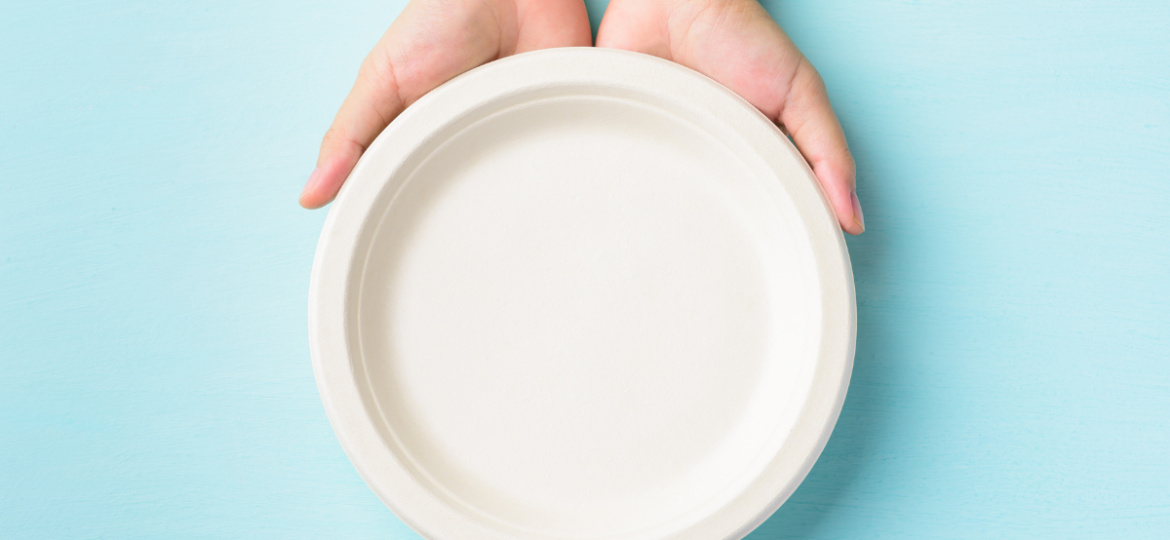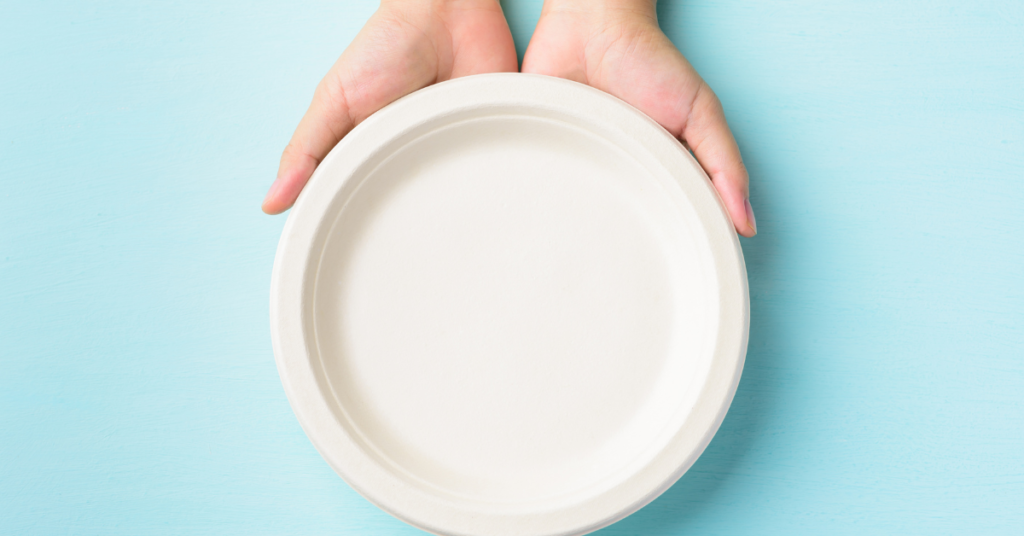
Guilt, shame, and calorie counting all can harm your relationship with food. Working to get rid of these habits can help you improve your eating routine and perfect mindful eating habits. What else doesn’t belong on your plate?
Guilt
Food guilt is very common when someone is struggling on their journey to developing a balanced relationship with food. Research has found that nearly a third of all food that Americans eat makes them feel guilty. The guilt will intensify over time causing you to resort to more rigid eating habits. However, this will cause you to feel out of control with your food perpetuating a start-and-stop cycle. Overcoming food guilt will take time, but it is possible. First, you should try to bring awareness to your food guilt and consider hwy you’re experiencing it. The next step is to let go of the food rules to take back the power that that food item had attained. When you begin to let go of the food rules, your guilt will follow.
Shame
While guilt and shame are similar, they aren’t the same thing. Guilt is the feeling of having done something wrong. For example, straying from a food rule you set for yourself. Shame is deeper and more personal, a sense that you’re flawed as a person. For example, you might feel shame because you can’t live up to expectations around eating, weight, or body shape. When getting rid of guilt and shame, it’s important to practice mindful eating. You should pay attention to what you’re feeling and the sensory experiences around you. This can help you realize when you’re full and give you satisfaction from eating. Another way to help stop shame is to mute and unfollow social media accounts that are triggering. Studies suggest the more time young women spend on social media, the less satisfied they are with their own body. As you scroll through your feed, pay attention to which accounts trigger your feelings around guilt and shame. Unfollow any of them that make you feel bad.
Calorie Counting
Calorie counting gives dieters a sense of safety that if they follow some rules about counting calories, they will get the body image they want. However, weight is not as simple as calories. When we talk about calories at the dinner table, we are endorsing diet culture and undermining mindful eating, which is the healthiest way in which to eat. Also, counting calories doesn’t account for nutritional value. It may lead you to avoid nutritious foods because they’re “high calorie”. This can cause you to ignore your own body and needs.
Recovering
Recovering from eating disorders can be difficult. Sometimes having outside support helps. Meredith O’brien is a therapist, author, and eating disorder coach that can help you find a healthy relationship with you’re food. If you’d like to connect with Meredith, you can click here.

